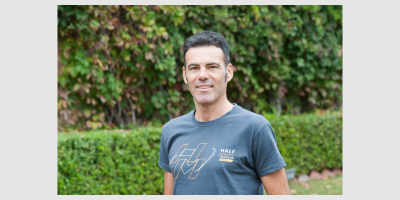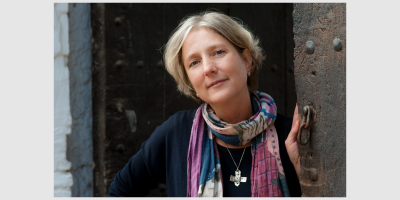Contact

Carles Hernandez-Ferrer
Research fellow
carles.hernandez@isglobal.org
Coding from 2007, Carles Hernandez-Ferrer joined the Bioinformatic Research Group in Epidemiology (BRGE) in 2013 as a PhD Student. Under the supervision of Dr. Juan R. Gonzalez, the main topic of his PhD project is to develop new tools for exposome-omic data analisis. A result of this work is the rexposome framework, where respoxomse R package belongs.
He is currently working at the Boston Children's Hospital, in the project AutismExposome.

Juan R. Gonzalez
Associate Research Professor
juanr.gonzalez@isglobal.org
Juan R. Gonzalez is an Associate Research Professor at ISGlobal where leads the Bioinformatic Research Group in Epidemiology(BRGE). As an Assistant Professor at the Department of Mathematics at Autonomous University of Barcelona, his educational activities focuses on providing post-graduate lectures in biostatistics and in 'Omic' data analyses. He has co-authored more than 100 scientific papers published in peer-reviewed journals and has ample experience in large international research projects.
He is currently in charge of developing new methods to link the early-life exposome to several omic and exposure data as part of 7th Framework Program project The Human Early-Life Exposome (HELIX).
Martine Vrijheid
Research Professor
martine.vrijheid@isglobal.org
Martine Vrijheid joined ISGlobal Campus MAR in 2008 where she specialises in the effects of environmental (chemical, physical, and social) exposures on child health and development. She is co-director of the INMA birth cohort study and PI and WP leader of several European collaborative projects in the area of child health (HELIX, CHICOS, Geronimo, ENRIECO, MobiExpo, MeDALL, EUROCAT, Bridge-Health).
She leads the HELIX (Human Early Life Exposome) project, a large collaborative project involving birth cohorts in 6 European countries and funded by the European Commission’s Framework Programme 7 (EC FP7) – as part of HELIX she has spearheaded the push to collect better and more complete data on multiple exposures during early life critical periods.